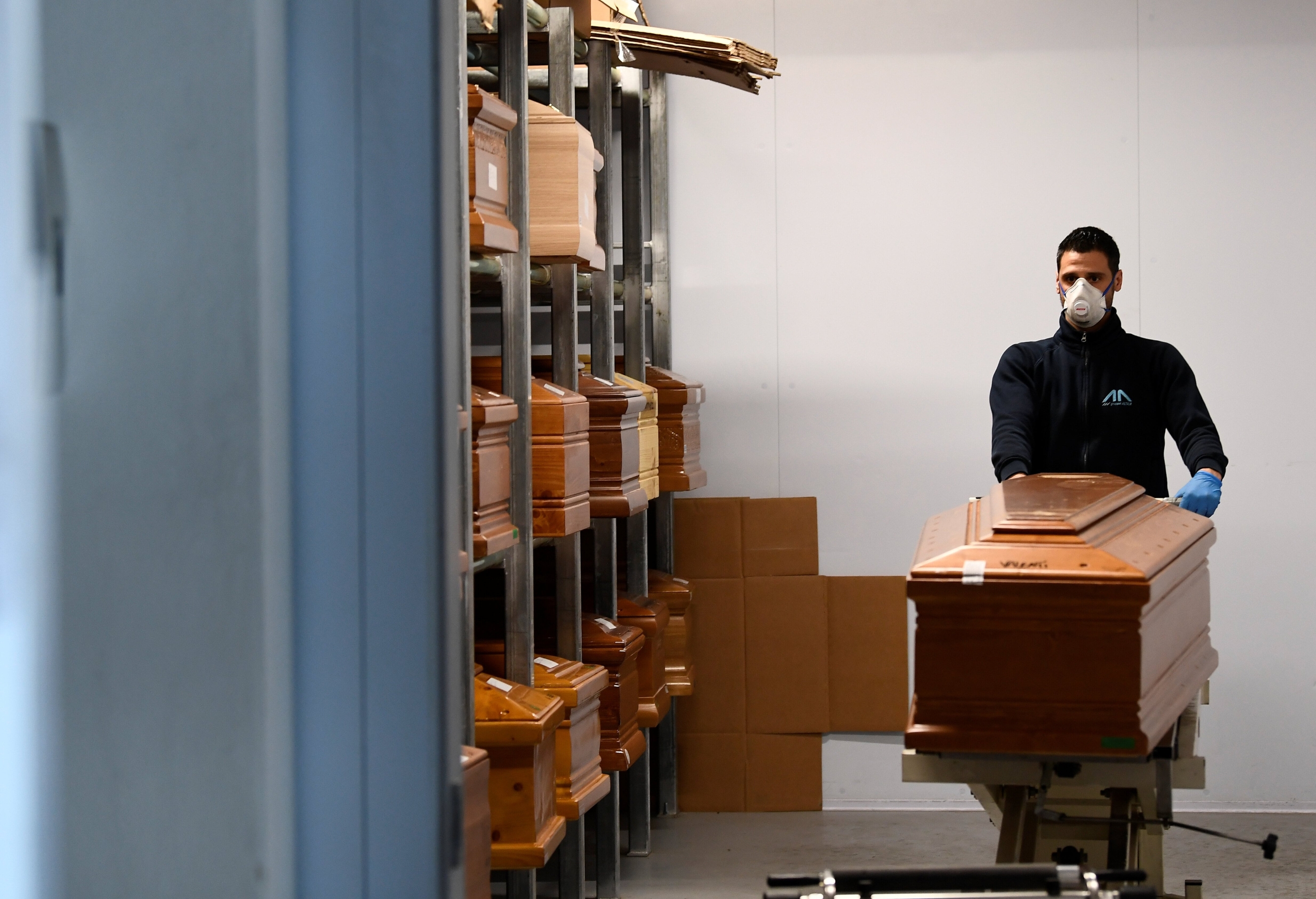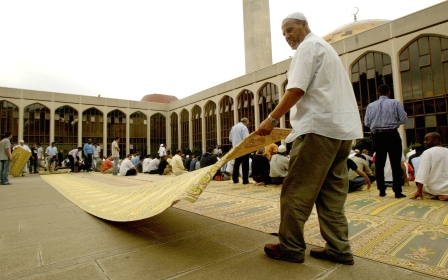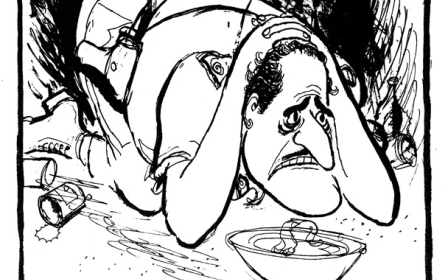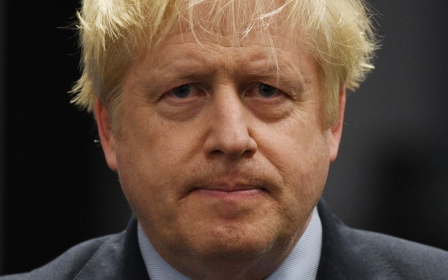Coronavirus: UK amends emergency bill that called for mandatory cremations

The British government has introduced changes to its emergency coronavirus bill, assuring Muslim and Jewish communities that they will have their religious burial rights respected and there will not be mandatory cremations.
Health Secretary Matt Hancock said on Monday that the government recognised the need to "accede to the wishes of the families and faith communities" and had therefore accepted the changes.
The changes came after several MPs and religious groups raised fears that the coronavirus bill would allow local authorities to cremate bodies without the consent of the deceased or their families.
'I urge you at this moment of national emergency to stay at home, protect our NHS and save lives,'
- Boris Johnson
When the bill was unveiled last week as part of the government's emergency legislation to help tackle the spread of Covid-19, the bill overruled laws that made it illegal for local authorities to cremate bodies in order to relieve pressure on morgues and funeral services.
The process of cremation is forbidden within Islam and Judaism, which require members of the faiths to be buried.
New MEE newsletter: Jerusalem Dispatch
Sign up to get the latest insights and analysis on Israel-Palestine, alongside Turkey Unpacked and other MEE newsletters
Naz Shah, the shadow women and equalities minister, welcomed the move, writing on Twitter: "I'm so relieved that the Government have listened to what we've said about religious burials for Muslim and Jewish people and have brought forward an amendment to address our concerns."
'Stay at home'
Britain recorded its first death in the outbreak on 5 March, but has been criticised for its approach to containing the spread when compared to more stringent measures elsewhere.
The latest figures show Britain now has 6,650 confirmed cases of Covid-19, with warnings the virus is taking hold quicker than in Italy at the same point.
Italy has suffered the most coronavirus deaths worldwide, with 6,077 fatalities out of 63,927 declared infections.
Later on Monday, Prime Minister Boris Johnson ordered a three-week lockdown to tackle the spread of the coronavirus, shutting "non-essential" shops and services, and banning gatherings of more than two people.
"Stay at home," Johnson said in a televised address to the nation, as he unveiled unprecedented peacetime measures after the country's death toll climbed to 335.
Under the new measures, Johnson said that going out to shop for basic necessities was still allowed, as was exercise, medical needs, and travel to and from work.
He called the pandemic "the biggest threat this country has faced for decades" and said the already overstretched state-run National Health Service (NHS) would be unable to cope if the pace of transmission continues.
"I urge you at this moment of national emergency to stay at home, protect our NHS and save lives," he said.
Middle East Eye delivers independent and unrivalled coverage and analysis of the Middle East, North Africa and beyond. To learn more about republishing this content and the associated fees, please fill out this form. More about MEE can be found here.




